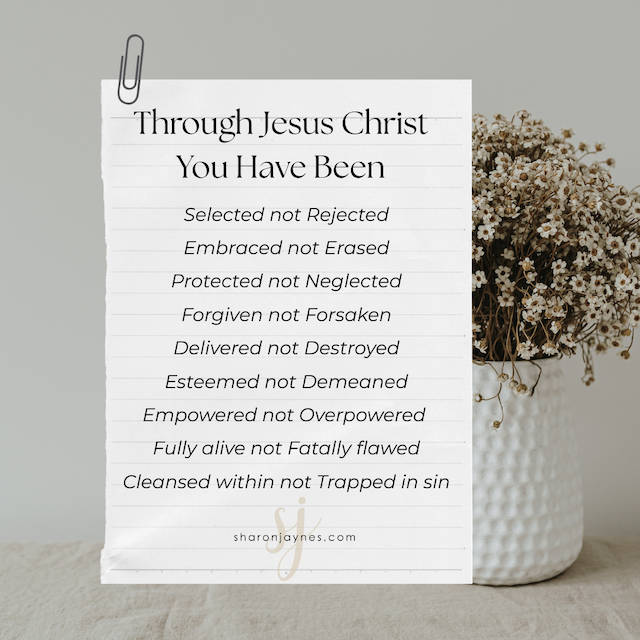When the king is dishonoured (Matthew 11:7-11)
Open Matthew 11:7-11.
I never knew what a fink was, but the Wizard of Id cartoons were clear enough: call the king a fink and you’re strung up in shackles.
Last year, I visited a kingdom, the Hashemite Kingdom of Jordan. I asked the guide what would happen if someone spoke against one of the Hashemite family. Apparently it would not be a good move if you valued your freedom.
You can understand why Jesus avoided direct criticism of Herod. John the Baptist had proclaimed the arrival of an alternative kingdom. John publicly critiqued Herod’s morals, implying he was unfit to rule God’s people. Predictably, Herod arrested John.
Jesus also preached the restoration of God’s kingdom, but he carefully avoided Herod. When Jesus said anything about Herod, his message was coded. In Matthew 11, he expressed the same cryptic message in three ways, adding the hint that they’d need to listen well to get it: “If you have ears, hear” (11:15):
Matthew 11:7-9 (my translation)
7 As they headed back, Jesus started speaking to the crowds about John. “What did you come out into the wilds to look at? A reed shaken by the wind?
8 So what did you come out to see? Someone dressed fashionably? Those who wear designer gear are found in kings’ houses.
9 So what did you come out to see? A prophet?
Three times, he asked the crowds why they came out into the wild places. They must have been looking for something more than the kind of life they got in town where their current rulers were.
They all knew the reed was a symbol for Herod. Coins normally bore the image of the Roman ruler. Herod knew this was offensive to devout Jews, so he stamped his coins with a reed instead. John the Baptist had preached out in the wild places, away from the towns that were the seat of Herod’s power. Had the crowds come out to John in the hope of seeing Herod’s power shaken by the wind of God’s presence? For some, Jesus’ words may even have recalled a previous moment with the divine wind shook Israel free from a tyrant’s grip (Exodus 14:21).
Jesus’ second cryptic question is whether they came out into the wilderness to view the latest fashions. The crowd laughs. Hicks aren’t chic. Fashionistas “are found in kings’ houses” (11:8).
Jesus is king, but he doesn’t fit the mould. He was preceded not by a well-dressed town crier but by a camel-hair toting wild man like Elijah. Yet this prophet declared Jesus to be of such royal rank that John felt unworthy to carry his sandals, let alone his message (3:11).
For the third time, Jesus asks what the crowds had come out to see. By now, people are calling out the answer, “A prophet!” Yes, they expected to see a prophet. But that prophet had just shamed himself. The prophet honoured to announce the arrival of God’s anointed king (Messiah) had just questioned if Jesus really was the expected king (11:3). He undermined his king’s authority. Publicly! In front of the king!
Kings don’t take well to being shamed like that. A guy named Shimei had dishonoured King David at a time when he couldn’t do anything about it. David never forgot. Eventually he asked his son to deal with the traitor: “Bring his grey head down to the grave in blood” (1 Kings 2:9). John publicly dishonoured himself and his king. How would King Jesus recover his honour?
What Jesus does is astounding. He recovers John’s honour instead of his own:
Matthew 11:9-11 (my translation)
9 So what did you come out to see? A prophet? Yes, and I tell you he’s more than a prophet. 10 He’s the one Scripture was referring to, “Look, I am sending my messenger before you; I will prepare your way ahead of you.”
11 “I’m telling you the truth: no mother’s child was ever raised up to surpass John the Baptizer. Yet, the least significant person in heaven’s kingdom surpasses him.”
Jesus praises John as the divine messenger proclaimed by Malachi (3:1). John considers giving up on Jesus, but Jesus does not give up on John! Instead, Jesus elevates John to the status of greatest human ever! On the lips of a king, that is grace!
That’s what grace means. If sin is the rebellion against God’s kingship, grace is a king restoring his people, at his own expense.
Jesus is the king who restores people’s humanness. His kingship elevates the least important person to citizenship — greater than anyone who lived before heaven’s reign was restored to earth. What a contrast to the rulers of this world! Jesus’ authority doesn’t come from putting everyone else down, but by lifting them up.
The least significant find significance in his reign. And when you’re struggling to hold onto him, King Jesus holds onto you.
What others are saying
N. T. Wright, Jesus and the Victory of God, (London: SPCK, 1996), 496:
Jesus then speaks even more cryptically to the crowds. Why had they gone out to the wilderness, following John? To see a reed shaken in the wind? Was this the sort of royal movement one might have expected in Galilee? This is where, beneath the careful coding of Jesus’ question, the full dimensions of the problem become apparent. Any claim, by John about Jesus or by Jesus about himself, to be the king of the Jews would of course pose a direct challenge, however absurd in terms of actual power, to Herod Antipas. Herod had chosen as his symbol, placed on his coins (instead of a portrait, out of wariness towards Jewish scruple), a typical Galilean reed. (Unlike written texts, coins were a means, indeed the main means, of mass communication, and the symbols on them could function much as well-known political cartoons can in our own day.) Jesus’ question, uncoded, means more or less: were you looking for another Herodian-style king?
[previous: Disillusioned with Jesus?]
[next: Advancing forcefully or suffering violence?
Seeking to understand Jesus in the terms he chose to describe himself: son of man (his identity), and kingdom of God (his mission). Riverview College Dean
View all posts by Allen Browne





